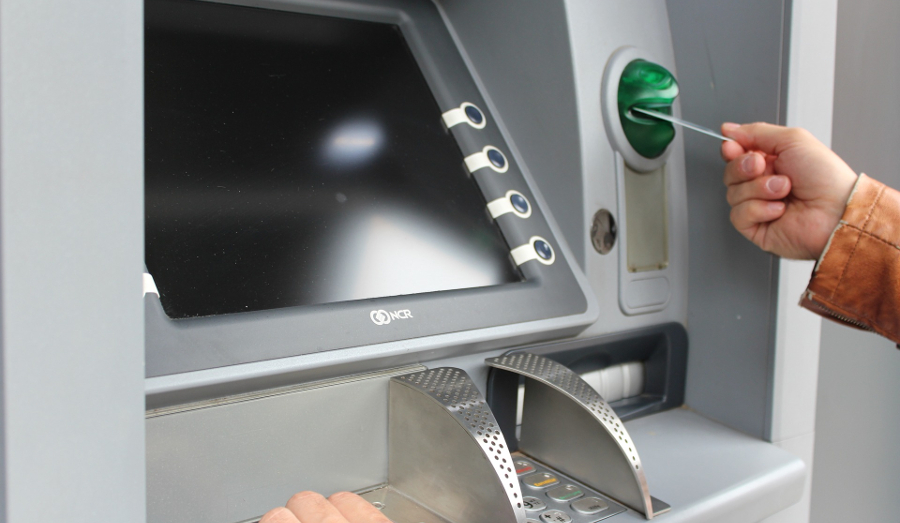With the gap between the haves and have-nots seeming to grow larger every year, there’s an increasing movement on the part of Democrats to soak the rich. They see the rich growing richer, they see popular discontent with billionaires growing, and they see those fat bank accounts and brokerage accounts as ripe for the picking to fund universal healthcare, universal child care, universal college education, and any number of other delusional pipe dreams. But anyone who thinks that policies intended to soak the rich won’t eventually trickle down to affect everyday Americans is fooling themselves.
One of the key elements to pay for many of these dream projects is a financial transaction tax. Every financial transaction would be charged some amount of tax, often ranging from 0.03% to 0.1%. Those low amounts are intended to boost public support for such “minor” taxes, but those sums start to add up when you consider how many financial transactions there are.
These proposals also vary in scope, with some being focused only on stocks and bonds while others focus on any financial transaction, including withdrawing money from your bank account. So not only are you taxed when you earn your money, you’re also taxed when you want to invest it, as well as when you want to actually handle it.
Consider too that the income tax was sold to the American people as a temporary tax that would remain at relatively low rates. The top income tax rate after the ratification of the 16th Amendment was 7%, a rate that’s lower than all marginal income tax rates today. That top rate quickly increased to 77% during World War I, and has remained far higher than 7% every since.
The same thing will happen with financial transaction taxes. Investors will move their capital elsewhere to avoid getting taxed, tax revenue won’t meet expectations, the government will raise rates, investors will move even more capital, etc. That vicious cycle will eventually lead to a complete destruction of financial markets and will wreak havoc on average investors who just want to save for retirement. The rich will always be able to move their money around to escape taxation, so it will be middle class investors who will end up bearing the brunt of these taxes.
This article was originally posted on Red Tea News.





